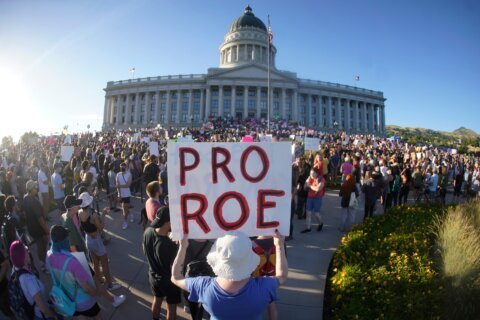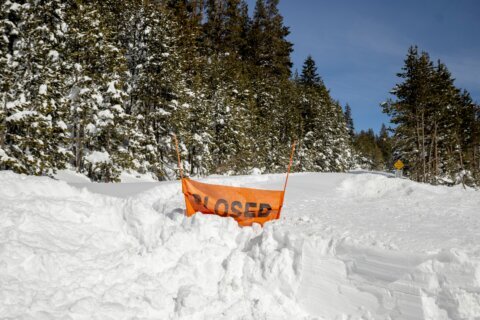The Parkland community is appealing to parents of Marjory Stoneman Douglas High School students to address the threat of suicide after last year’s deadly shooting.
Seventeen people — 14 students and three staff members — were killed when a gunman opened fire at the Florida high school on February 14, 2018. The shooter, who confessed, has been indicted on 17 counts of murder.
A week ago, former MSD student Sydney Aiello, who survived the 2018 massacre, died by suicide.
Her mother told CNN affiliate WFOR Aiello had suffered from survivor’s guilt and been diagnosed with post-traumatic stress disorder.
Then on Saturday, a second student died in what police are calling “an apparent suicide.”
The student, who was enrolled at MSD at the time of death, has not been publicly identified. It’s unclear under what circumstances the student died, or what connection, if any, they had to the shooting.
Parents: ‘Take threat seriously’
“Unfortunately, what we’ve learned is that the survivors of a traumatic event like a school shooting carry with them a lot of guilt, anxiety, pressures, depression even,” Ryan Petty, whose daughter Alaina Petty was killed in last year’s shooting, told CNN.
Petty, who has another child that survived the attack, established the WalkUp Foundation after the shooting with a focus on preventing suicide.
“We just have to assume as a parent that your child is not immune for that. Your child is at risk and you need to take that seriously,” he said.
Petty said that the school district, community leaders, law enforcement and concerned parents came together at a meeting Sunday to discuss how to address the trauma survivors are facing.
“Even if everything appears to be okay, you need to take that seriously. You need to ask them the questions. Have you thought about killing yourself? Have you thought about ways you might do that?”
Petty said students had been offered a number or resources after the shooting, including counseling options, but said sometimes there are stigmas associated with getting help or that students just pretended that they were OK.
“So unfortunately, some students are not availing themselves of those opportunities and some parents are not understanding that the risks of anxiety and depression in a post-traumatic environment like a school shooting. So our message is parents we have to take this seriously, we have to take this into our own hands,” he said.
” … Regardless of your proximity to the building and whether or not you saw the horrific events of that day that took 17 lives and injured 17 others, you’re part of a school community and that community is suffering.”
The power of peer-to-peer communication
Cindy Arenberg Seltzer, the president of Children’s Services Council of Broward County, also attended Sunday’s meeting.
“One of the things that I have heard parents and children say is that nobody cares, and they just want us to get on with our lives. And I really want them to know that that’s not true. I just left a room full of 60 people who came on a moment’s notice on a Sunday afternoon to show how much they care,” she told CNN.
Arenberg Seltzer said a lot of work had been done in the community around suicide prevention but that the number of different resources and messages were probably confusing to parents.
She said that peer-to-peer communication could be a powerful tool as teenagers might not turn to their parents as a first resource.
“We want to harness the power of the young people to speak to each other so if we can give the simple message to the teenager who can then Instagram and whatever other — Snapchat — method they have for reaching out to each other and create the support groups and ask the questions and send them to the right place. That’s going to yield huge benefits and so that’s the next step.”
MSD students use their experience to help other communities
In an example of such networking, MSD students have themselves been reaching out beyond their own community to help other people experiencing trauma.
On Wednesday, survivors began a letter-writing campaign to help heal families and communities affected by the March 15 shootings at two mosques in Christchurch, New Zealand.
The Parkland students grew connected to the Christchurch community when they visited New Zealand last July on a learning and healing trip.
“We got letters after our tragedy, that was something that really surprised us,” said Kai Koerber, a Stoneman Douglas senior, who was part of last year’s visit. “It’s something that really warmed the hearts of people in my community. I think it will warm the hearts of people in Christchurch as well.”
If you or someone you know might be at risk of suicide, here’s how to get help: In the US, call the National Suicide Prevention Lifeline at 1-800-273-8255. The International Association for Suicide Prevention and Befrienders Worldwide also can provide contact information for crisis centers around the world.







